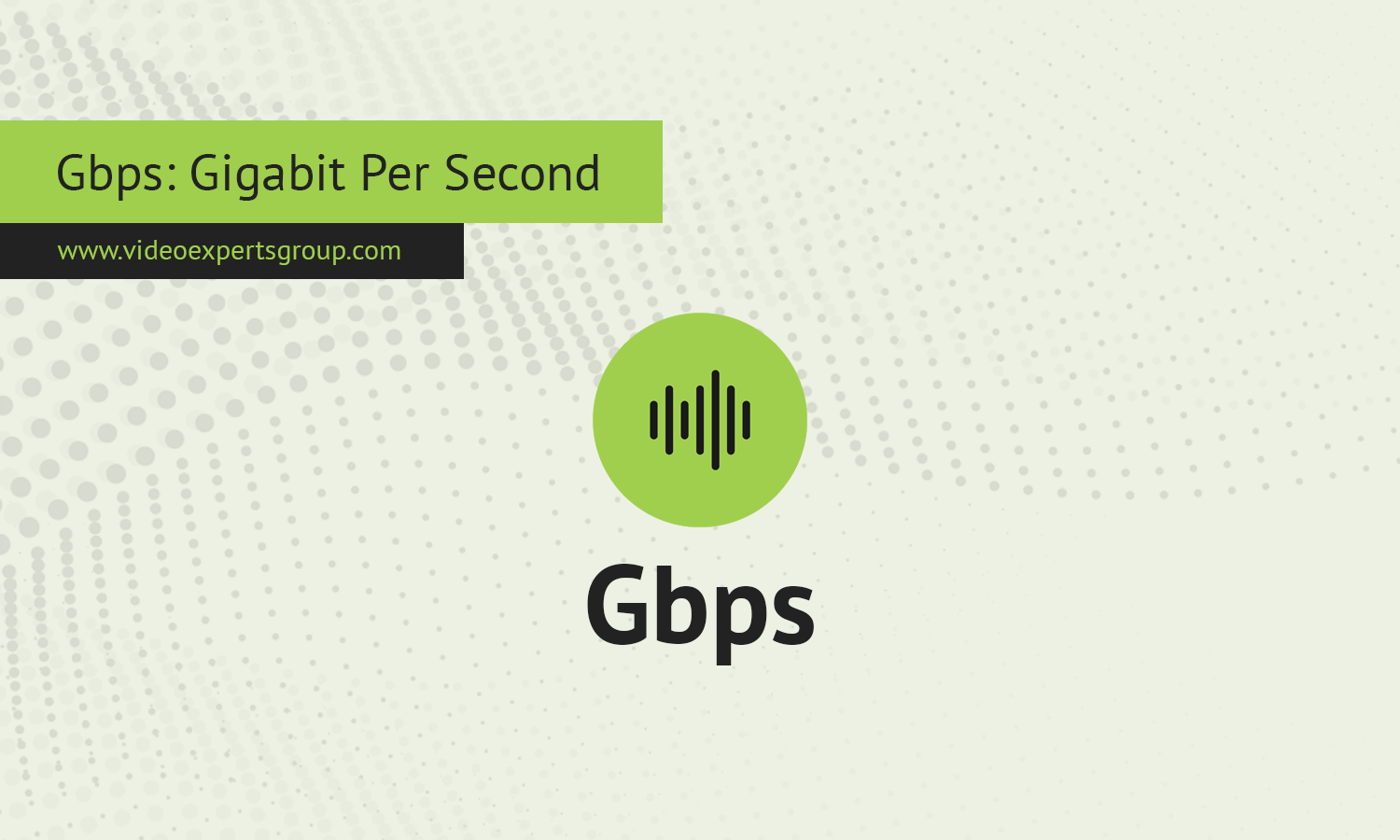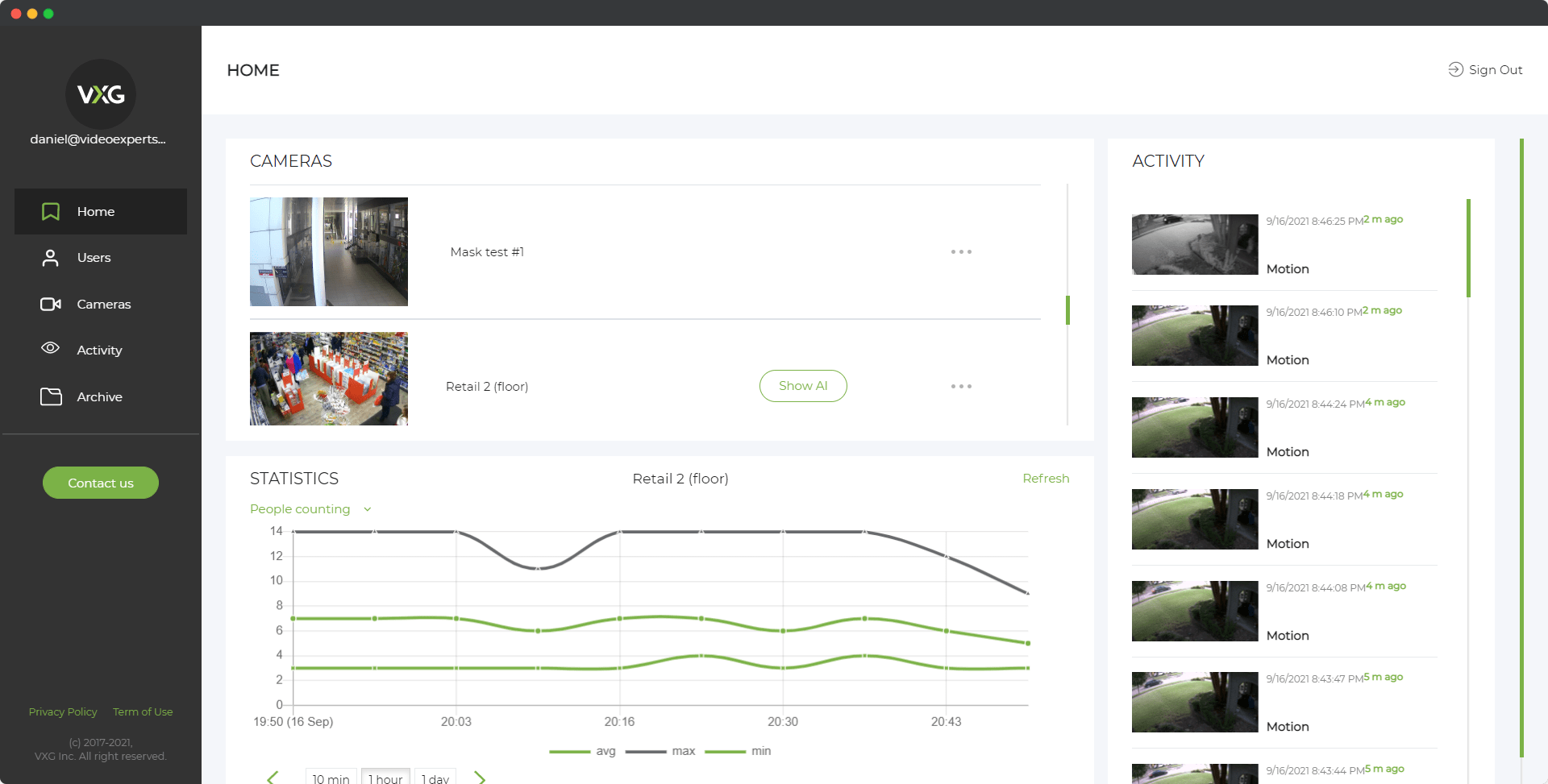In today’s world of high-speed internet and data transfers, the term Gbps, or Gigabit per second, is commonly used to describe network speeds and data throughput. As technology advances and our reliance on fast data access grows, understanding what Gbps means is essential, whether you’re setting up a home network, evaluating cloud services, or considering upgrades to business infrastructure.
Meaning
Gbps (Gigabit per second) is a measurement unit that represents data transfer speed. One Gbps equals 1,000 megabits per second (Mbps) or 1,000,000,000 bits per second. It is used to quantify how much data can be transmitted over a network or communication channel in one second.
For example, if your internet service provider offers a speed of 1 Gbps, it means that the connection can theoretically handle 1 billion bits of data per second. This is much faster than the older Mbps standard, which is still common but slower in comparison. Gbps speeds are especially useful for applications that involve large file transfers, video streaming, online gaming, and cloud-based services, where quick and reliable data transfer is critical.
Conversion Table
This table includes conversions from bits per second (bps) to tebibytes per second (TiBps), along with an additional column for bytes per second (Bps), making it easier to understand how these units relate to each other.
| Unit | Bit per second | Byte per second |
|---|---|---|
| 1 bit per second (bps) | 1 bps | 0.125 Bps |
| 1 kilobit per second (Kbps) | 1,000 bps | 125 Bps |
| 1 megabit per second (Mbps) | 1,000,000 bps | 125,000 Bps |
| 1 gigabit per second (Gbps) | 1,000,000,000 bps | 125,000,000 Bps |
| 1 terabit per second (Tbps) | 1,000,000,000,000 bps | 125,000,000,000 Bps |
| 1 petabit per second (Pbps) | 1,000,000,000,000,000 bps | 125,000,000,000,000 Bps |
| 1 exabit per second (Ebps) | 1,000,000,000,000,000,000 bps | 125,000,000,000,000,000 Bps |
| 1 byte per second (Bps) | 8 bps | 1 Bps |
| 1 kilobyte per second (KBps) | 8,000 bps | 1,000 Bps |
| 1 megabyte per second (MBps) | 8,000,000 bps | 1,000,000 Bps |
| 1 gigabyte per second (GBps) | 8,000,000,000 bps | 1,000,000,000 Bps |
| 1 terabyte per second (TBps) | 8,000,000,000,000 bps | 1,000,000,000,000 Bps |
| 1 kibibyte per second (KiBps) | 8,192 bps | 1,024 Bps |
| 1 mebibyte per second (MiBps) | 8,388,608 bps | 1,048,576 Bps |
| 1 gibibyte per second (GiBps) | 8,589,934,592 bps | 1,073,741,824 Bps |
| 1 tebibyte per second (TiBps) | 8,796,093,022,208 bps | 1,099,511,627,776 Bps |
Pros and Cons
Pros:
-
High-Speed Data Transfer
With Gbps speeds, data can be transferred extremely fast, making it ideal for bandwidth-heavy tasks such as streaming 4K videos, video conferencing, or downloading large files quickly. -
Improved Cloud Access
Many businesses rely on cloud storage and services, and Gbps speeds enable faster access to remote servers, improving workflow and productivity. It also reduces downtime during uploads and backups. -
Enhanced Multi-User Experience
Gbps connections can easily support multiple users and devices at the same time. This is essential in households or offices where several people may be using the internet for high-bandwidth activities simultaneously, like streaming, gaming, or working from home. -
Future-Proofing
As technology continues to evolve, having a Gbps connection ensures you are prepared for future demands. More devices are becoming connected to the internet (smart homes, IoT devices), and Gbps speeds can handle the increasing data load.
Cons:
-
Cost
Gbps internet services often come at a premium cost. Although the price has been decreasing over time, the infrastructure needed to support such high speeds can still be expensive for many homes or small businesses. -
Availability
While Gbps speeds are becoming more common in urban areas, rural and less-developed regions may not have the infrastructure to support such high speeds. Users in these areas may find themselves stuck with slower internet options. -
Real-World Performance
Although a Gbps connection is capable of delivering 1,000 Mbps, actual speeds may be lower due to various factors, such as network congestion, hardware limitations, or distance from the service provider. The performance you experience can be less than advertised, especially on wireless connections. -
Overkill for Some Users
Many users may not require Gbps speeds for their typical internet use, such as browsing, social media, or casual video streaming. For these activities, a lower Mbps connection can provide a satisfactory experience, making Gbps unnecessary in certain cases.
Gbps, or Gigabit per second, is a powerful standard for data transfer that brings numerous advantages, especially for high-demand applications and multi-device environments. However, its cost and availability remain barriers for some users. Understanding your data needs and the pros and cons of Gbps speeds can help you make informed decisions when upgrading or selecting an internet service plan.
















